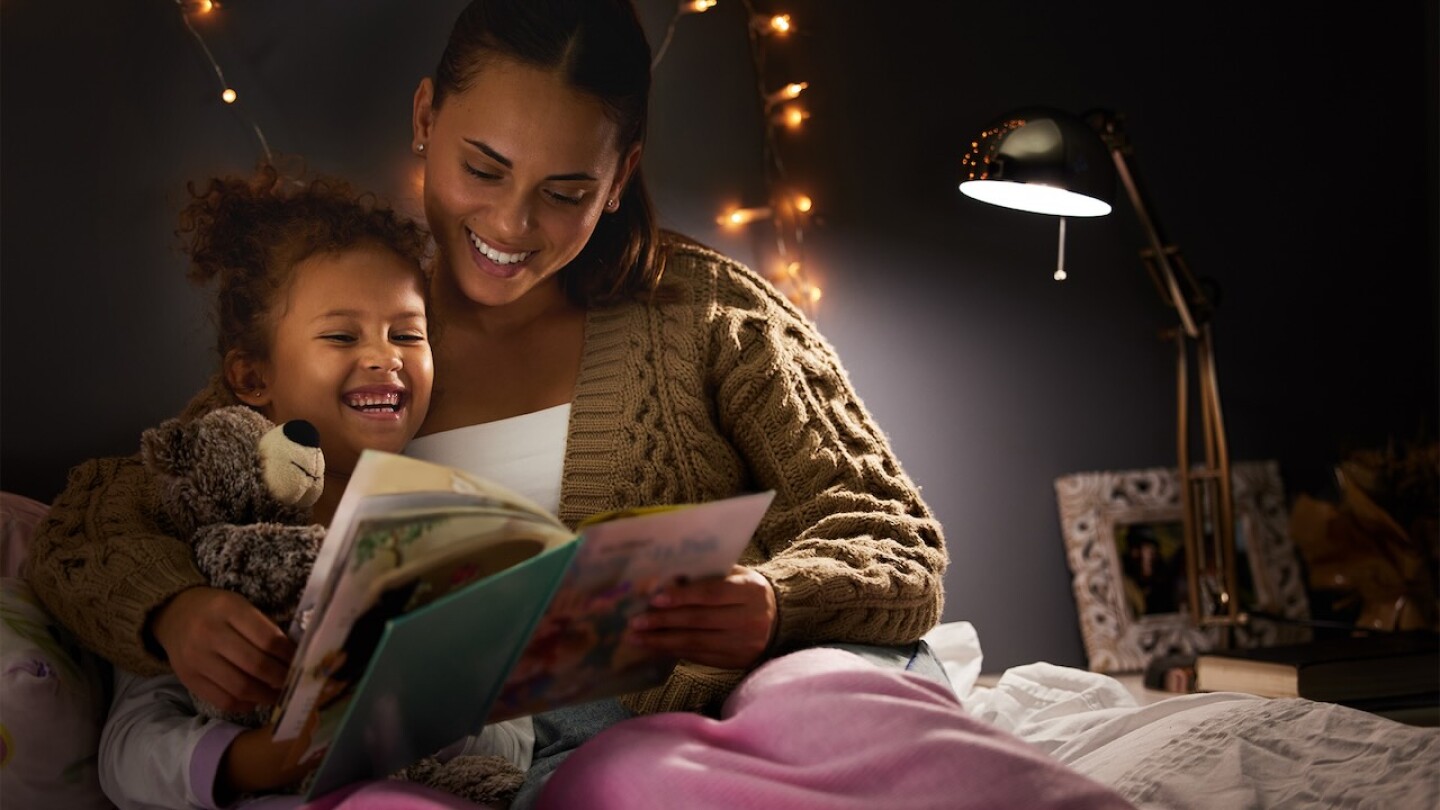If you struggle to get a good night’s sleep, you’re not alone — millions of people around the world report the same thing.1 Adequate sleep is essential for you to feel your best, and while an off night here and there is to be expected, prolonged periods of sleep deprivation or insomnia can have physical and mental health effects.
Looking to improve your sleep? Try these five nighttime rituals to help you on the path to better rest.
1. Indulge in an evening care ritual
After a long day, evening care can be daunting — especially with the internet flooded with multi-step routines. But your evening care doesn’t have to have 10 steps to be beneficial.
Try choosing a few products to help you relax and wind down, like the Clean & Clear® Night Relaxing Deep Cleaning Oil-Free Night Face Wash with hyaluronic acid and sea kelp extract. This foaming facial cleanser gently removes oil and pore-clogging impurities while cleansing away daily build-up without drying or disrupting your skin’s moisture barrier. It’s designed with MoodScentz technology to connect the power of scent and mood to help you relax. Then, opt for something that is both good for you and works while you sleep! Adding a 60-second rinse of LISTERINE® Total Care Anticavity Fluoride Mouthwash before you head to bed and again in the morning is all it takes to get 24-hour cavity protection when used twice daily, and kill 99.9% of bad breath germs.
2. Take a warm bath or shower
For many people, part of that nighttime routine includes a warm bath or shower, and for good reason. Studies have shown that a bath or shower before bed may enhance the quality of sleep.2 Not only does a warm bath help promote relaxation by allowing our body temperature to drop, the cool down helps to improve the “temperature circadian rhythm,” which can help people fall asleep.3
After your bath or shower, make sure to moisturize. The Aveeno® Stress Relief Moisturizing Lotion with Lavender Scent is made with prebiotic oat and intensely hydrates skin, leaving it feeling soft and smooth. It also combines the calming scent of lavender and prebiotic oat to help calm and relax you as you massage it into your skin.
3. Encourage a relaxing sleep environment
You know what they say, a clean space makes for a clean mind! The last thing you need when trying to sleep is to be in a room that makes it hard to relax. To create an optimal environment, start by ensuring that the room is dark enough, which sends signals throughout your body that promote sleepiness.4 If dimming the lights isn’t enough, consider covering the windows with blackout curtains or wearing a nighttime eye mask.
Next, be sure that the room’s temperature is around 65 degrees Fahrenheit, as warmer temperatures have been found to cause discomfort and restlessness.5 Lowering the temperature at night also helps your body regulate its temperature, with a drop sending signals that it’s time for sleep.
4. Be prepared with products that may help
When you’re settling down for sleep, it helps to know that all of the essentials are nearby — whether it be a solution for dry lips, extra sleep support or pain relief.
If you suffer from dry lips, the Neutrogena® Hydro Boost Hydrating Clear Lip Sleeping Mask Tube is designed to work while you sleep and contains purified hyaluronic acid, an essential hydrator recognized by dermatologists. Zarbee’s® Children’s Sleep with Melatonin Gummies can safely and effectively help your child’s occasional sleeplessness* with a chewable, non-habit forming melatonin supplement. And for the adults, Tylenol® PM Extra Strength Pain Reliever & Sleep Aid Caplets are formulated to help you fall asleep and stay asleep while also relieving headaches and minor aches and pains.
5. Put down your phone
While it’s tempting to scroll on your phone when you’re settling in for the night, it’s actually doing more harm than good when you’re trying to fall asleep. First, scrolling and processing information keeps your mind engaged and stimulated at a time when you’re supposed to be relaxing.6
And it’s not just what you’re reading that can keep you up at night. The blue light from electronics on things like smartphones, tablets and computers can also disrupt the natural sleep cycle, as it suppresses the release of melatonin, a chemical that causes us to feel sleepy.7
If possible, try to limit your use of electronics at least two hours before bed and you might be surprised at how well-rested you feel the next day.
Sources:
1. https://www.weforum.org/agenda/2019/08/we-need-more-sleep/
2. Haghayegh S, Khoshnevis S, Smolensky MH, Diller KR, Castriotta RJ. Before-bedtime passive body heating by warm shower or bath to improve sleep: A systematic review and meta-analysis. Sleep Med Rev. 2019 Aug;46:124-135. doi: 10.1016/j.smrv.2019.04.008. Epub 2019 Apr 19. PMID: 31102877
3. https://www.medicalnewstoday.com/articles/325818
4. https://www.sleepfoundation.org/bedroom-environment/light-and-sleep
5. https://www.sleepfoundation.org/bedroom-environment/best-temperature-for-sleep
6. https://health.clevelandclinic.org/put-the-phone-away-3-reasons-why-looking-at-it-before-bed-is-a-bad-habit
7. https://www.sleepfoundation.org/bedroom-environment/blue-light
